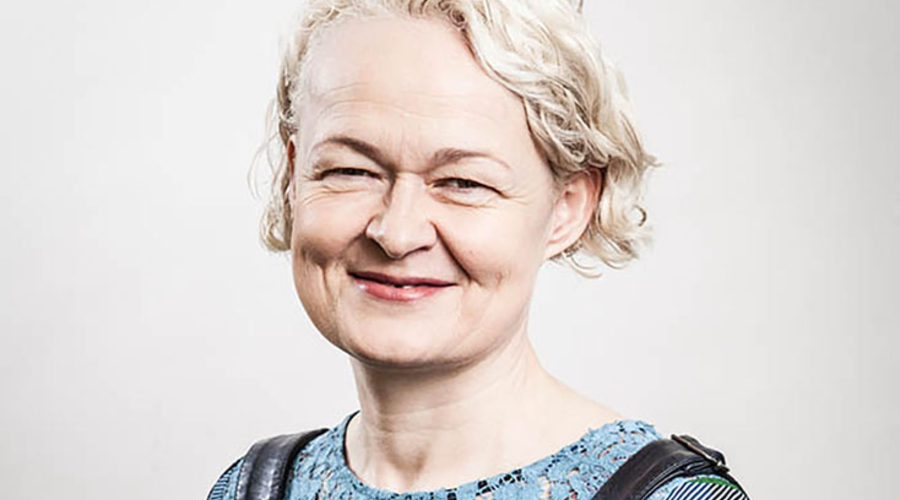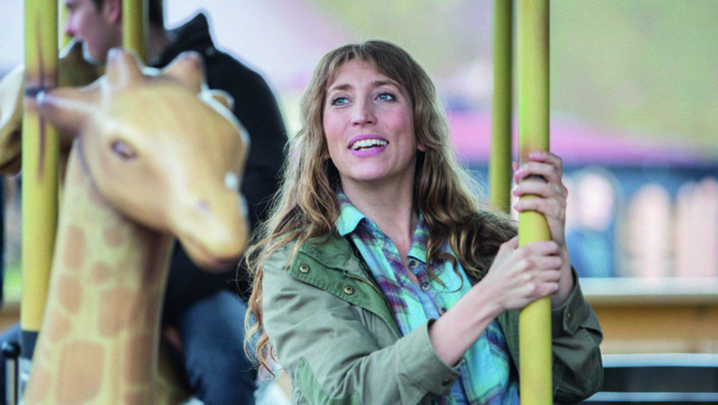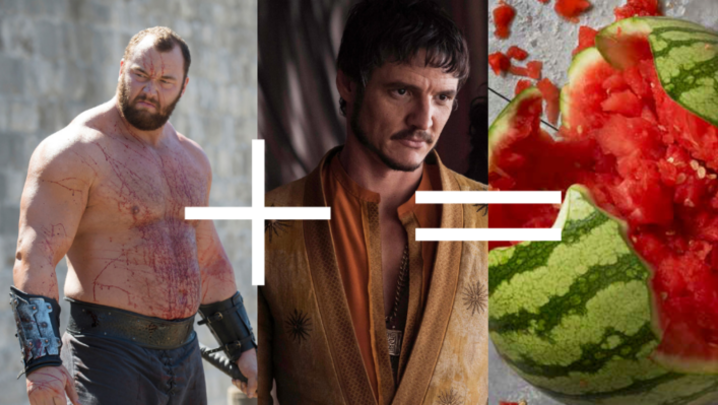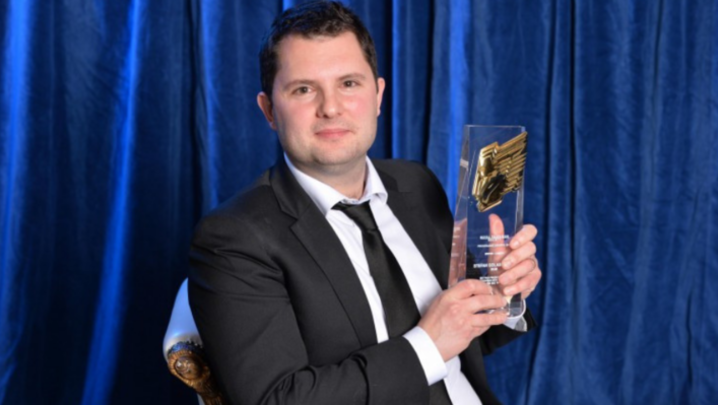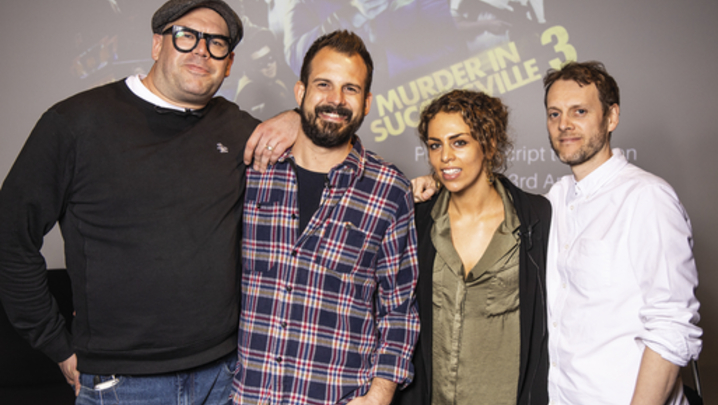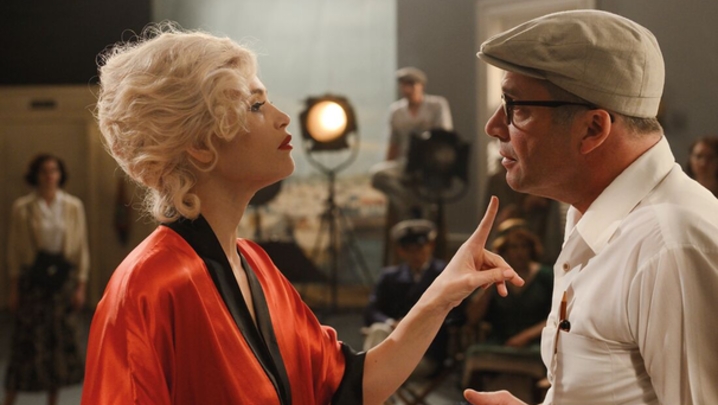Tara Conlan profiles the channel’s new controller, Fiona Campbell, as the service raises its profile on BBC One
BBC Three is at a crucial point in its history. With a new controller, Fiona Campbell, a budget raised to £40m and a regular slot on BBC One on Mondays to Wednesdays, the corporation hopes that it can stem the tide of younger viewers washing up on the shores of Netflix and YouTube.
The BBC One decision was controversial, because it meant slicing 10 minutes off the News at Ten to make way for shows such as Fleabag and Stacey Dooley’s Glow Up. Some journalists fumed, but the move was applauded by those who have been urging the BBC to do more for younger audiences.
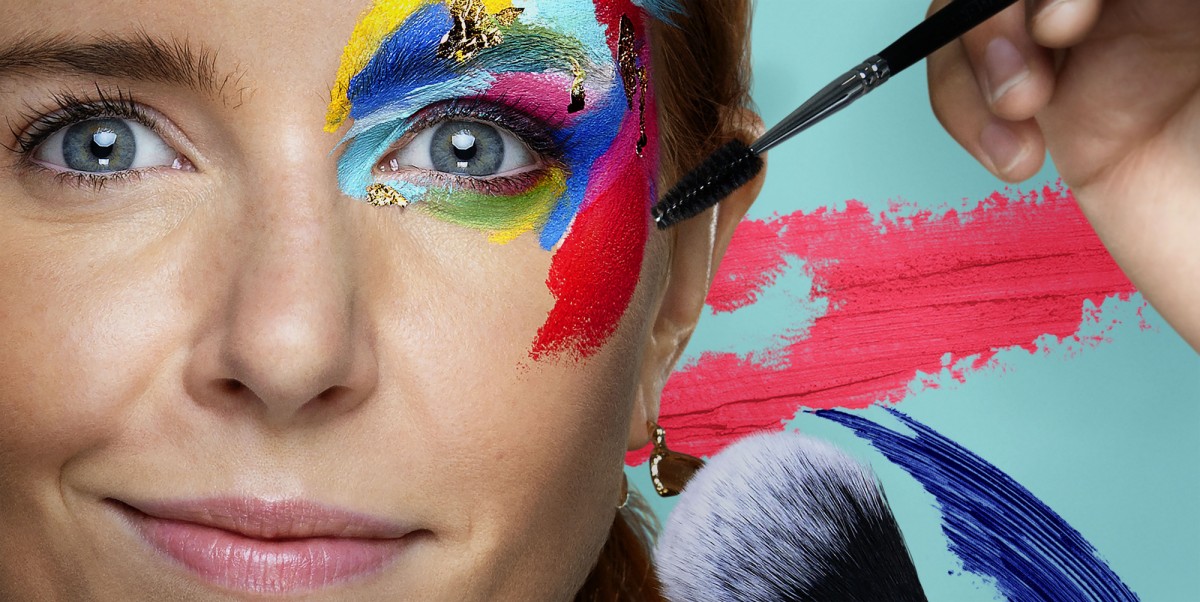
Campbell, who comes from a news and factual background, acknowledges the annoyance expressed by some viewers but says that “now is the time to think about the global digital environment people can spend time with”. Those rivals for attention include not just streamers but other options such as, “the Top Shop app, which I spend way too much time on”.
The first female controller of BBC Three (Sam Bickley was acting controller in 2014) is firmly in touch with the sensibilities of her channel’s audience, says executive producer Adam Jessel. He worked with Campbell on the ground-breaking Britain’s Gay Footballers and the BBC iPlayer box set Unsolved, when she was BBC Three head of documentaries and features.
“She’s a dynamic, innovative thinker who’s got all the credentials for the job and will make BBC Three a space for itself in a really competitive environment,” says Jessel.
“Fiona is what I’d call a ‘real person’ – someone with ideas and personality,” adds Simon Dickson, the former Channel 4 deputy head of documentaries and co-founder of Hospital producer Label1. “She’ll find her feet quickly and usher in a new generation of shows that will sit nicely both on TV and online. The key will be commissioning factual programmes that combine audacity, insight and fun. She has a nose for those things and I’m sure she’ll do a cracking job.”
Brought up in Belfast, Campbell says she understands why some younger viewers feel disenfranchised by traditional broadcasters. Rather than dwelling on the decision to close BBC Three as a TV channel in 2016, she emphasises her belief that making shows that reflect viewers’ own experiences and locality will help draw in Millennials.
She explains: “BBC Three has done well and garnered a lot of awards and a lot of talent. We don’t want to let go of that [but the channel can also] be uniquely British and uniquely closer to that young audience than anyone else in this country, never mind the world.
“We can make content that’s really honed to their passions and life experiences in a way that other channels don’t… because they have commercial concerns.”
As a former BBC News digital director, she is interested in social media and consumption data. She highlights how Abused by My Girlfriend amassed 1.7 million viewers and a huge Twitter peak when it aired on TV after debuting on BBC Three online. The figures also revealed how the show won a lot of female, north-western and Scottish viewers.
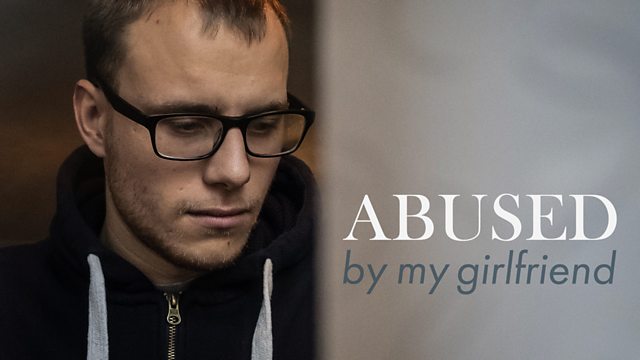
Campbell thinks her BBC Three can “excel” by having “content that talks to people of mid and lower income of both sexes”. She wants to reflect “the reality of the younger experience”, adding that, “for women who are in relationships in this country and who don’t live in London or Manchester and perhaps have less money at their disposal, it’s bloody tough.
“I’m also interested in local. More than 30 members of BBC Three staff are in Birmingham, sitting alongside the English digital news journalists. I’m doing a lot of thinking about the role of BBC Three outside London, because then it’s closer to what’s happening, where people live.”
Although she chaired the 2016 Edinburgh International Television Festival, Campbell prefers to keep a low profile. She followed a “random” route into media. While doing a masters in international and regional development in Italy, she became interested in the sector as, “coming from Northern Ireland… where our GDP was so crap”, she looked into the importance of local media for local identity and fuelling economic growth.
She got work experience on Italian TV journalist Gianfranco Funari’s show, which led to a piece on Roger Bolton’s Right to Reply and The Money Programme. Her next step was being hired for Panorama by the late Steve Hewlett, when he edited the current affairs flagship.
“Steve and Jane Corbin taught me so many things. Jane taught me the art of never taking no for an answer. Steve was an amazing editor,” she recalls. “All through my subsequent career, Steve was there to give advice and have a sense of humour and remind me not to take myself too seriously.
“I then learnt a lot by going to Watchdog, under Steve Anderson and Anne Robinson,” where she learnt to self-shoot and film undercover.
Her next move was to Channel 4 News, where she worked as a commissioning editor in a “very fun, supportive environment” under Dorothy Byrne. Subsequently, she returned to the BBC and rose to head of current affairs.
Navigating the BBC bureaucracy is not easy but Campbell has become so adept that one former colleague once did an impression of her by kicking in a door. Her explanation is that she has “a low boredom threshold, so I do tend to be, ‘Are we going to do this or are we not going to do this and, if we are, let’s just get on and do it now.’ That tends to be my attitude, probably because I shot film myself when working in digital… and a 24/7 news environment.”
“I spent a lot of my career on location making things and I was more interested in being out there on location than in being in the spotlight. I’ve travelled the world, been to Kosovo, interviewed the Taliban, covered the Iraq War… [which] brings a totally different kind of dimension to your life.”
Campbell suggests that being taught by nuns at her primary and secondary schools shaped her, as “you learn to rebel against nuns from an early age”.
She deals with a stressful job and juggling being a mother by doing spin classes to loud music. Music, she thinks, is key to attracting younger viewers.
BBC Three has 1.4 million subscribers to its YouTube channel and an 8.5% reach among 16-to 34-year-olds. Campbell’s predecessor, Damian Kavanagh, set a target of increasing reach to that demographic to 10% by 2020.
Some wonder if she may get oversight of a TV channel, too, after Ofcom CEO Sharon White said last year that BBC Three was “probably” shut down “too early”, but that was “a decision for the BBC”.
Avalon co-founder Jon Thoday – who made a joint bid with Jimmy Mulville in 2015 to buy BBC Three’s TV incarnation before it closed – thinks that the corporation should hand over one of UKTV’s free-to-air channel slots.
“When I heard that the BBC was buying out Discovery… I thought it must have decided that channels were a good thing [and] it should give one of the slots to BBC Three,” said Thoday. “I think we were right [about not closing the TV channel] and it’s still a shame it did that. The BBC still needs to spend more money on younger audiences,” he said, because Netflix’s massive promotional spending cuts through to youngsters.
The latest young talent coming through on BBC Three is on show in the Tim Renkow comedy Jerk, female grime constructed reality series Galdem Sugar, and Heartbreak Hotel, which follows every move and message of 10 young Brits who travel round Greece together to heal their broken hearts.
Young programme-makers are very much on Campbell’s radar, who pays back the wisdom passed on to her by Hewlett by mentoring. “We’ve all got to spend a bit of time helping the next generation along and giving them career advice,” she says. “I’ve noticed some of them are quite stressed. The importance of supporting the next crowd coming through cannot be underestimated.”

